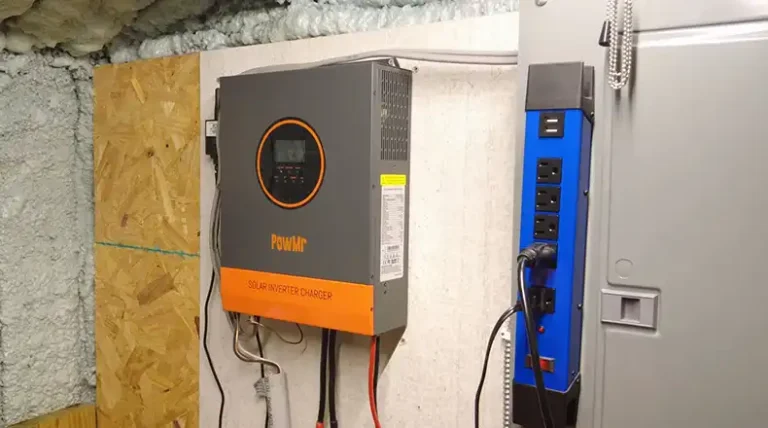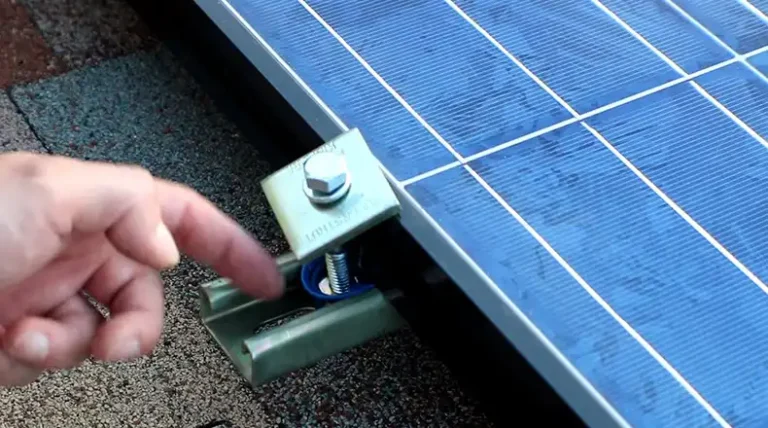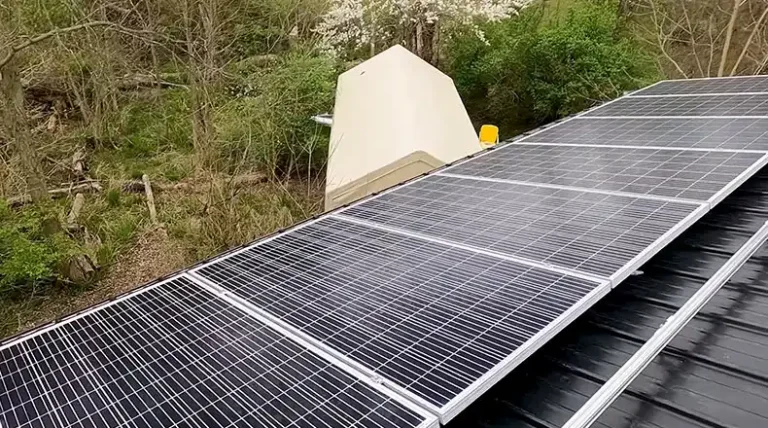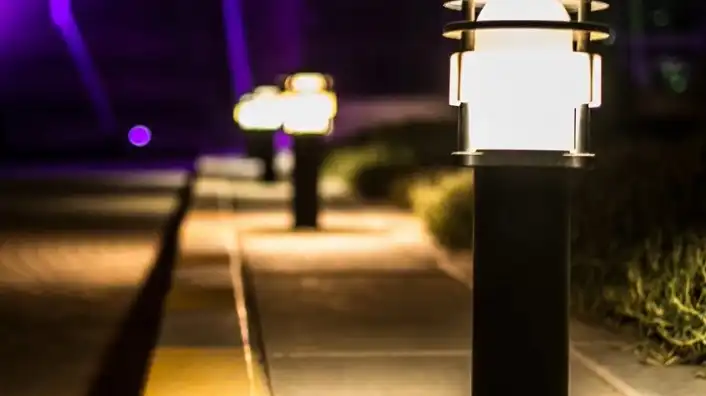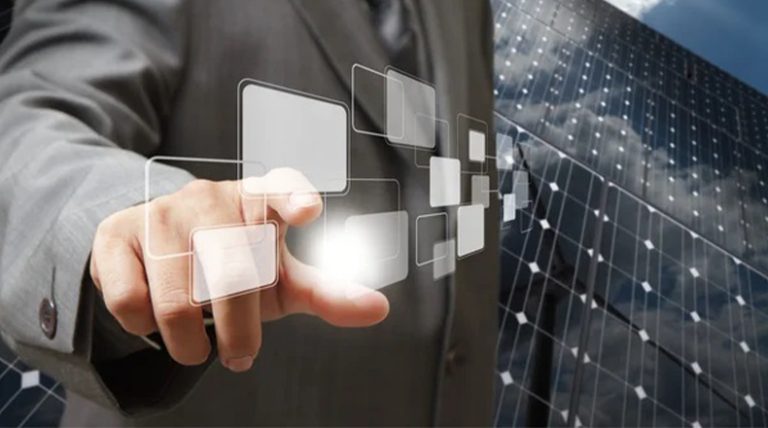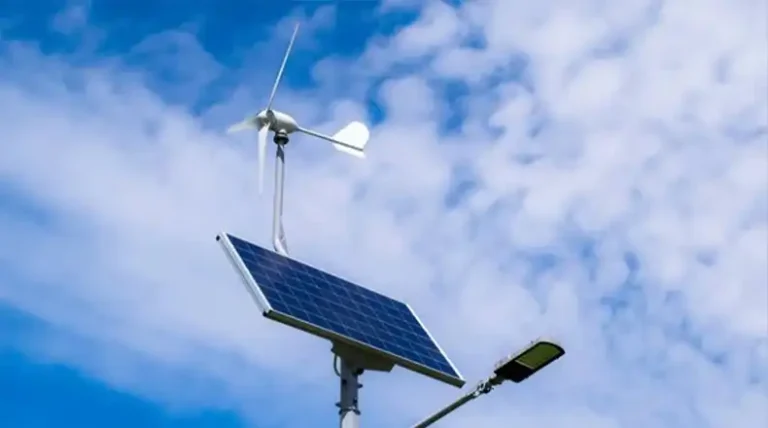[Answered] Do I Need to Turn Off Solar Panels to Clean?
Apart from proving a greener and cleaner energy source, solar panels can save you a lot of money, since they last a very long time. Properly maintained solar panels can last for more than 25 years, provided you’ve kept them clean all year long. And despite many people believing it, rainfall doesn’t do the job for you.
Since it’s an electrical component, many people often seem to wonder if they need to turn off the solar panel to clean it. The answer is yes. As long as there’s light, your solar panel will continue producing DC power. So, for your safety, you need to turn off the entire system before giving those panels a good wash.
Read on to learn more about why you need to clean your solar panels regularly and why you should turn the system off before doing so.
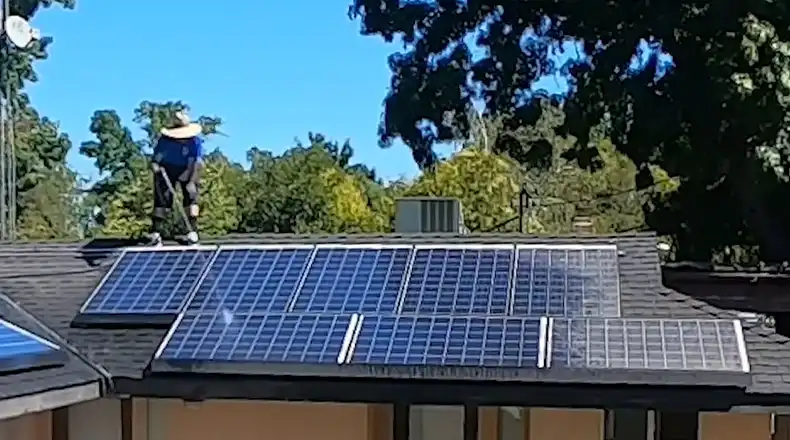
Why You Should Turn Off Solar Panels to Clean?
To ensure safety while cleaning solar panels, the first precaution is to power down the solar power system. Typically, solar panels are made of two electrical components, DC and AC. The AC component is connected to the input or the solar panels, whereas the DC component is connected to the main house and the grid. It is strongly advised that you switch off the system before starting the cleaning process to minimize risks.
How to Turn off Solar Panels Completely
Here’s how to ensure that you’ve turned off both parts completely:
- Locate the main switch for the solar panels on the switchboard and turn it off.
- If the solar inverter is located three meters away from the switchboard, find the AC isolator switch marked specifically for the solar panels. This switch will be positioned next to the inverter. If the switchboard and inverter are already within three meters of each other, you can skip this step.
- Locate the DC isolator switch on the inverter itself. It may be labeled as “DC isolator” or “PV Array.” Turn the switch off. If you find two switches, make sure to turn them both off.
- Check the inverter for an “Inverter Isolator” switch. If you have one, turn it off. If you don’t see this switch on the inverter, you can disregard this step.
If you’ve followed everything properly, your solar power system is now completely switched off. You can now start with the cleaning process.
Note that the above method only works for on-grid solar systems. if you are using an off-grid system or battery storage, turn off the DC breaker on the combiner box. There’s a DC breaker on the battery storage too. Turn it off as well.
Cleaning the Solar Panel
For a proper and thorough cleaning without harming your solar panels, do the following:
- Clean your solar panels during cooler times of the day to avoid temperature shocks and quick water evaporation.
- Use a hose with an appropriate nozzle to direct water onto the panels.
- Only spray water on the top of the panels, avoid the back and gaps.
- For hard-to-remove grimes, use a soft cloth and mild soap.
- Do not climb onto the roof without proper safety equipment.
Restart Your Solar Panels
Here’s how to restart the solar panel system after cleaning:
- First, turn on the DC isolator switch.
- Next, turn on the AC isolator switch.
- Finally, turn on the solar supply main switch.
How Often Should You Clean Your Solar Panels?
It depends on where you live. If your area has dense vegetation, and lots of trees, clean it twice a year or once every six months.
Regular cleaning prevents dust, ash, soil, sand, silica, and calcium accumulation, which can significantly impact the output of your solar panels. Also, in most cases, regular cleaning is a must if you want to claim insurance on damaged panels. Same is true for warranty claims.
Why You Should Not Clean Solar Panels That Are Powered On?
Cleaning solar panels while the current is on can lead to electrocution, making it extremely risky. Solar panels generate direct current (DC) electricity, which poses a continuous hazard to keep working with them while they are powered on. Also, turning off the inverter does not completely eliminate the electric current flowing through the panels. So, while the inverter is turned off, you still are in danger of getting electrocuted.
If the solar panels are not grounded properly, it can also result in electric shocks. A similar thing can happen if you try to water any broken panels with damaged wiring, while the system is on.
While it’s very unlikely in the case of solar panels, electrocution can cause several health consequences like brain damage and paralysis. It can make your muscle contract or even lead to heart failure.
Frequently Asked Questions and Answers (FAQs)
Can you clean solar panels when they are on?
Yes, you can clean solar panels when they are on. But by doing so, you risk damaging your panels or getting yourself electrocuted.
What should you not do when cleaning solar panels?
Don’t your harsh soap or rough cleaning instruments like a hard bristle brush as those can cause severe damage to your solar panels.
Is rain enough to clean solar panels?
If it’s only dust or pollen, good rainfall should be enough to clean your solar panels. However, for bird droppings and other sticky things, you need to rinse it properly.
Does cleaning solar panels increase efficiency?
Yes, cleaning solar panels increase efficiency by up to 21 percent.
Conclusion
According to the Solar Energy Power Association, a dirty solar panel can lose about 20 percent of its electricity output. So, proper cleaning is a must if you want to increase the efficiency of your solar panels as well as maximize their service life. But remember to power down your entire solar system before going through the cleaning process, to minimize the risk of getting electrocuted.
Hope you found the article helpful.

